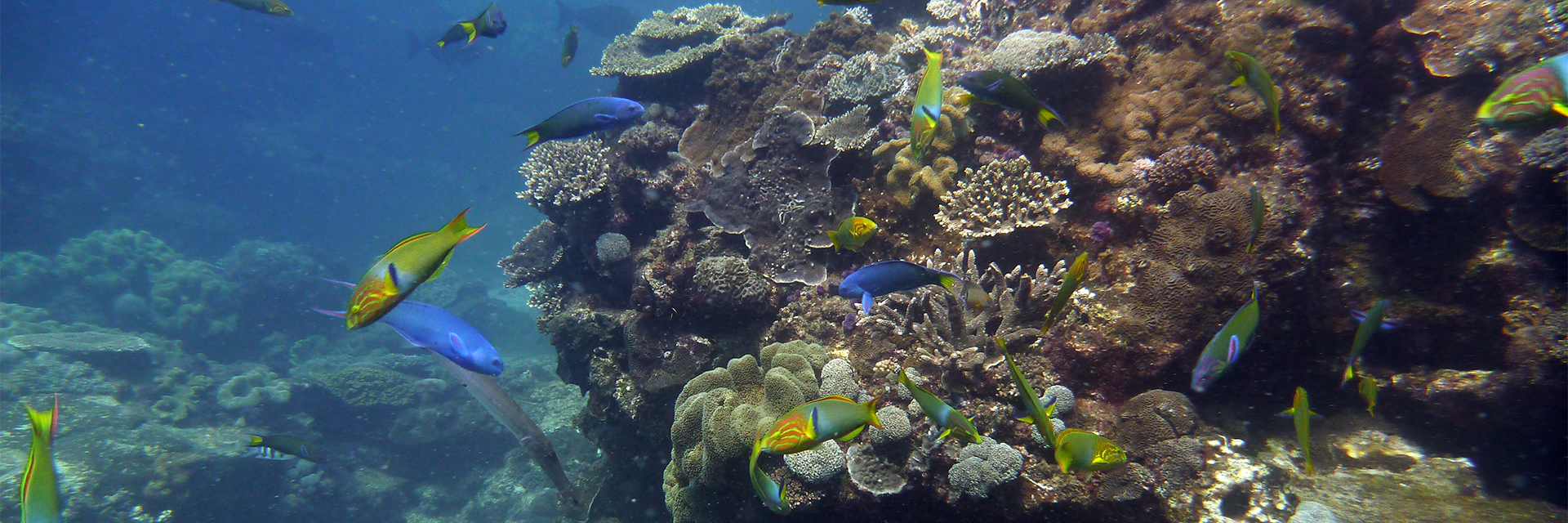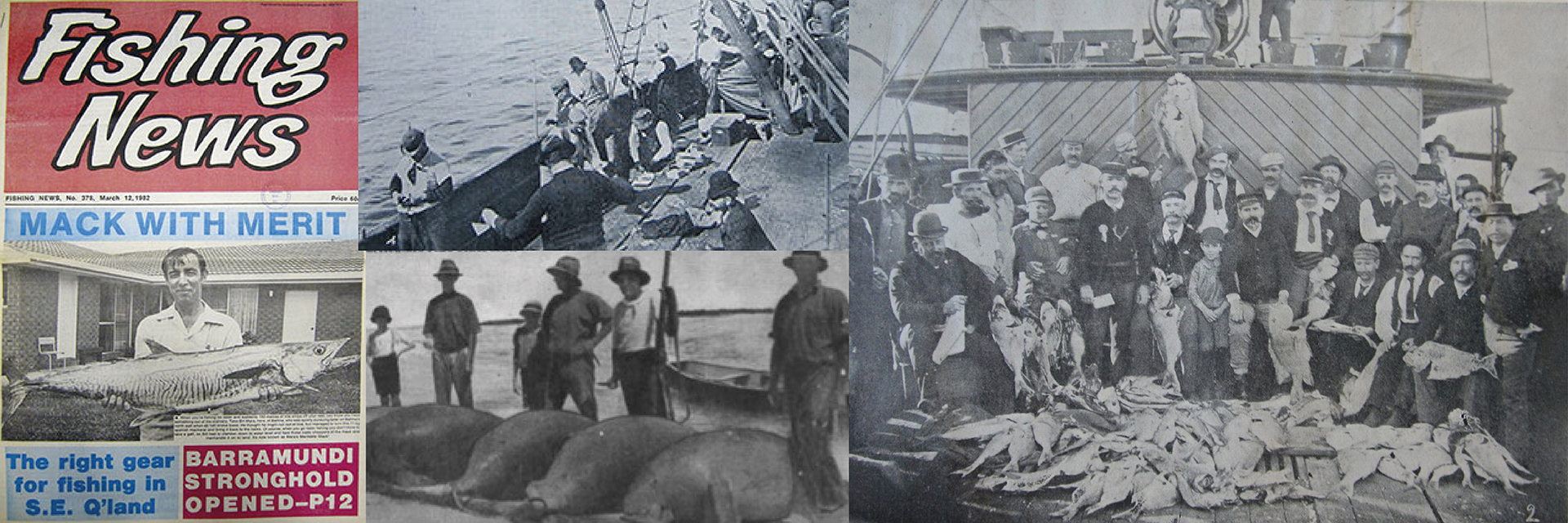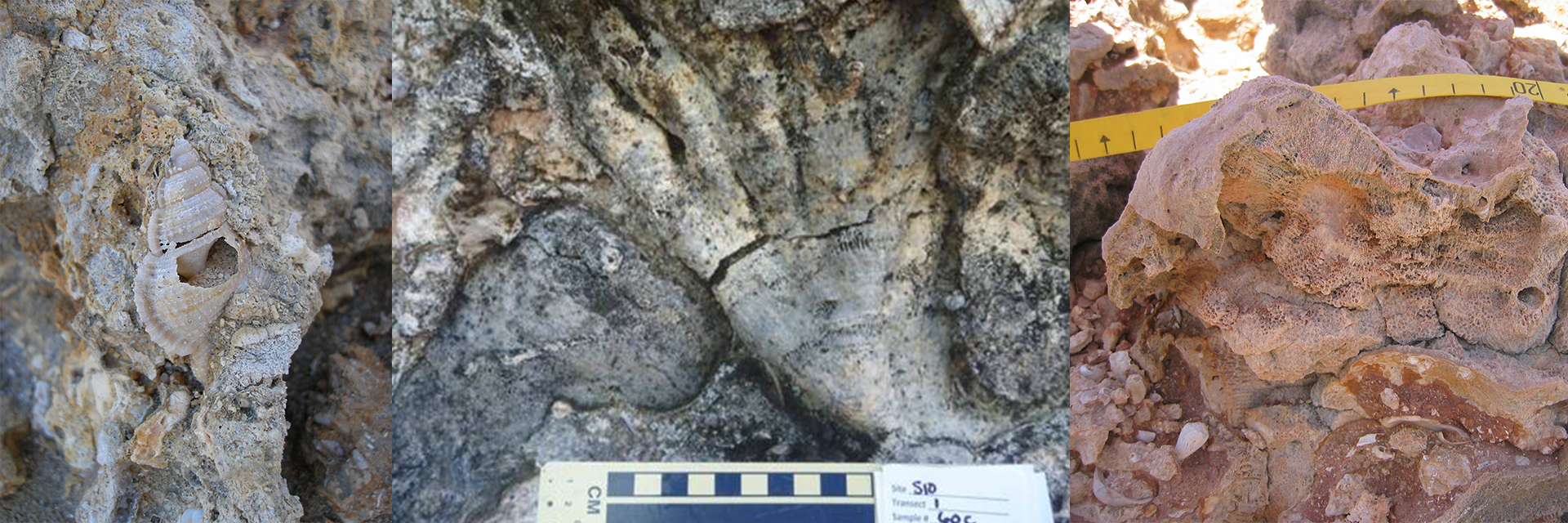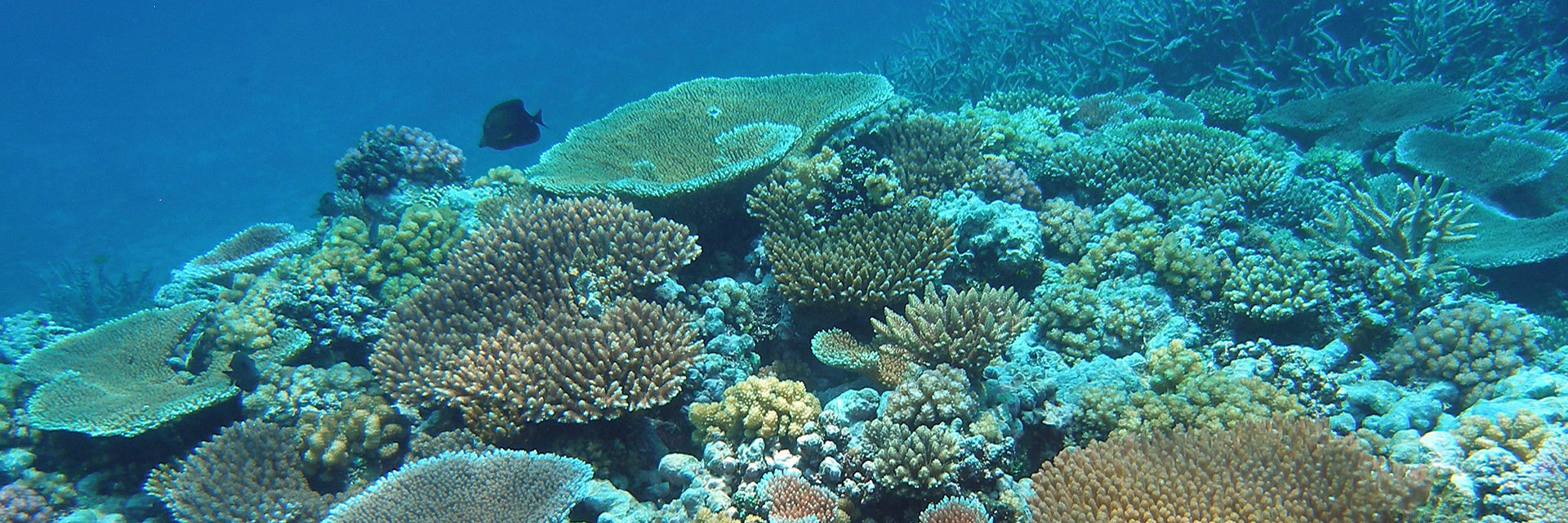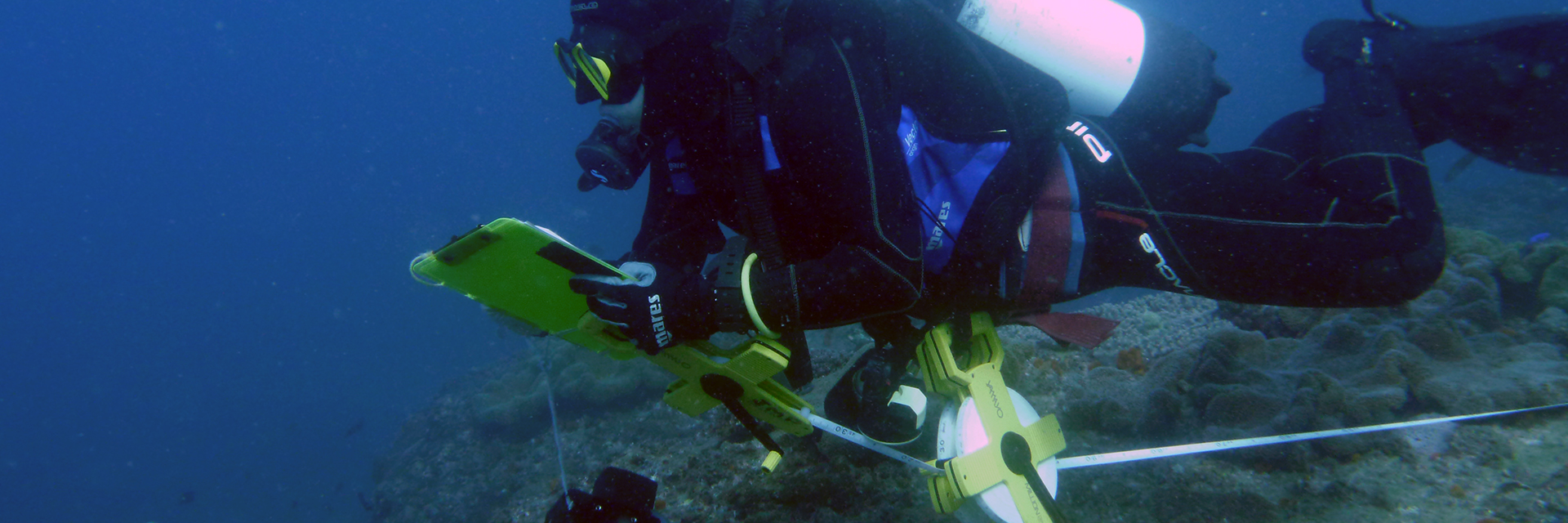10 May 2016
Jeremy Jackson from the Smithsonian Tropical Research Institute provides an opinion on the recent paper in Science Advances that Professor John Pandolfi and other lab members co-authored:
Acroporids have been the dominant reef-building corals over the past few mill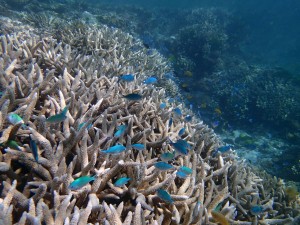 ion years. Unfortunately, they are also the most vulnerable species to human impacts. Renema et al. show that acroporids originated more than 50 million years ago but did not dominate reef communities until the intensification of fluctuations in sea level associated with the ice ages. This geologically recent success is attributable to their exceptionally rapid growth and their ability to spread across reefs by clonal fragmentation. These very features, however, have also made them vulnerable to heat stress and disease, as exemplified by the tragic mass bleaching and mortality of corals along the Australian Great Barrier Reef.
ion years. Unfortunately, they are also the most vulnerable species to human impacts. Renema et al. show that acroporids originated more than 50 million years ago but did not dominate reef communities until the intensification of fluctuations in sea level associated with the ice ages. This geologically recent success is attributable to their exceptionally rapid growth and their ability to spread across reefs by clonal fragmentation. These very features, however, have also made them vulnerable to heat stress and disease, as exemplified by the tragic mass bleaching and mortality of corals along the Australian Great Barrier Reef.
Original paper: W. Renema, J. M. Pandolfi, W. Kiessling, F. R. Bosellini, J. S. Klaus, C. Korpanty, B. R. Rosen, N. Santodomingo, C. C. Wallace, J. M. Webster, K. G. Johnson. 2016. Are coral reefs victims of their own past success? Sci. Adv. 2, e1500850. PDF
Link to online opinion.
